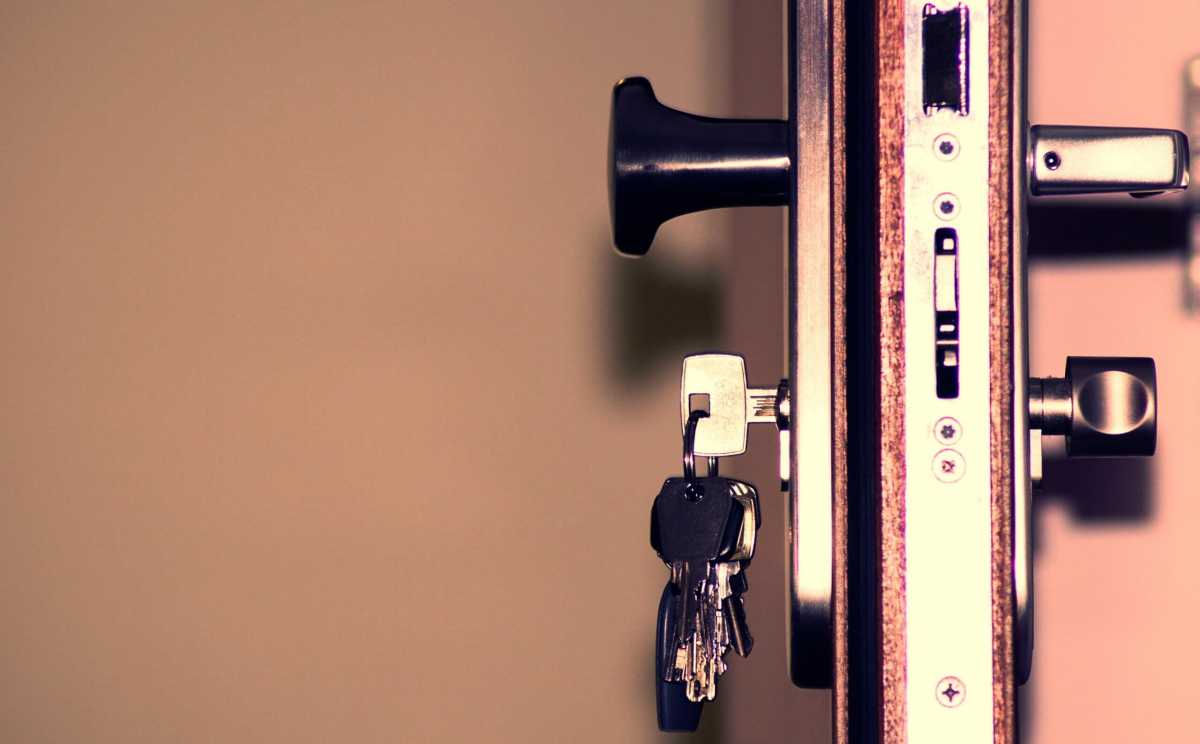The City Council passed a bill Wednesday that will mostly ban landlords from conducting criminal background checks on prospective tenants until after determining an applicant’s other qualifications.
The legislation, dubbed the “Fair Chance for Housing Act” (Intro. 632-A), passed by 39-8 votes during the Dec. 20 full council meeting, after the bill was revised to allow landlords to reject applicants based on recent misdemeanor and felony convictions.
After an earlier version of the legislation, sponsored by former Brooklyn Council Member Stephen Levin, failed to pass last year, the council’s Committee on Civil and Human Rights held a public hearing on the legislation on Dec. 8. and later passed it through the committee stage after making several concessions.
Council Member Keith Powers (D-Manhattan), who sponsored the bill, said the legislation mirrors steps taken in the the recently enacted Clean Slate Act, which allows New Yorkers to seal their criminal records and clear obstacles to housing, education, and jobs following a certain period of time.
“Stable housing is the foundation of a stable life and without access to housing formerly incarcerated people struggled to find employment, maintain their mental health and physical health, go back to school and take care of their families,” Powers told the Committee on Civil and Human Right Wednesday morning.
Powers said that the final version of the bill is a culmination of months of ongoing conversations and feedback from advocates and industry stakeholders, with negotiations taking place “until the very last minute.”
Under the fair housing procedure passed Wednesday and due to take effect Jan. 1 2025, landlords, property owners, brokers and other covered entities will be able to consider registered sex offenses as well as misdemeanors and felonies for three and five years, respectively, after completion of a prison sentence. For a conviction that did not result in incarceration, that criminal record would only be reviewable for three or five years after the date of conviction
Additionally, if a prospective tenant is turned away because of their reviewable criminal history, the landlord must provide a written document explaining the rejection as it relates to the new law and its guidelines.
This local law will not apply where federal, state or other local laws — including laws protecting victims of domestic violence, sex offenses or stalking — require or permit exclusion based on criminal history.
This bill also does not apply to two-family owner-occupied housing or rooms in owner-occupied housing.
“Finding stable long term housing is one of the most important factors for justice involved individuals to successfully rebuild their lives and rejoin society,” said Council Member Nantasha Williams (D- Queens), chair of the council’s Committee on Civil and Human Rights. “With this bill I hope we can help many New Yorkers looking to turn their lives around and start fresh. The last hearing of this bill was quite contentious, and all of that didn’t go in vain. I’m happy we are passing this bill.”
Additional reporting by Ethan Stark-Miller
























